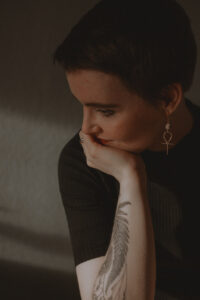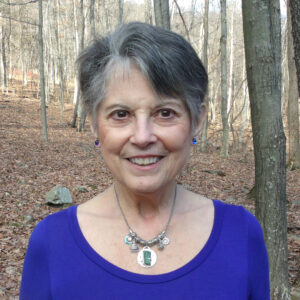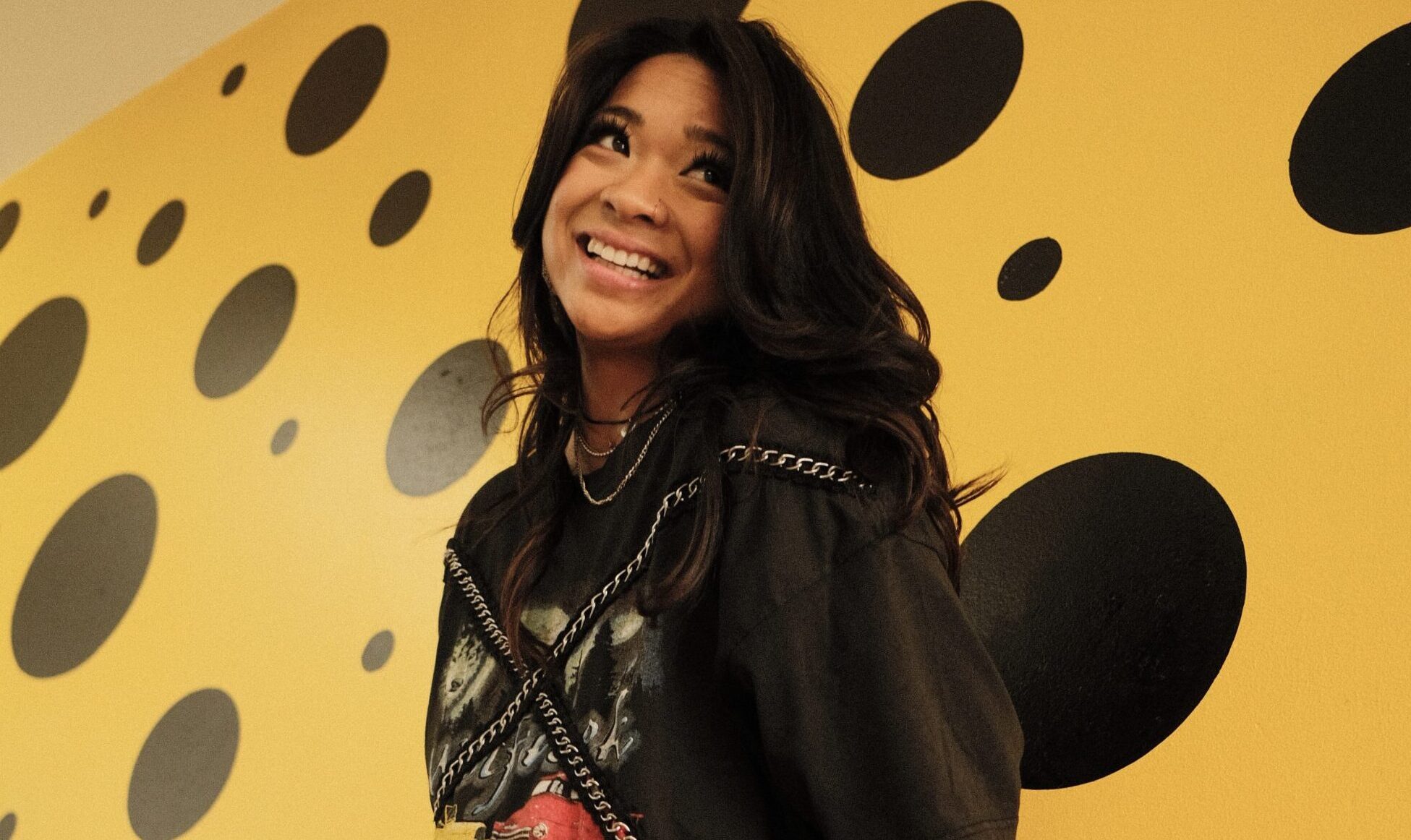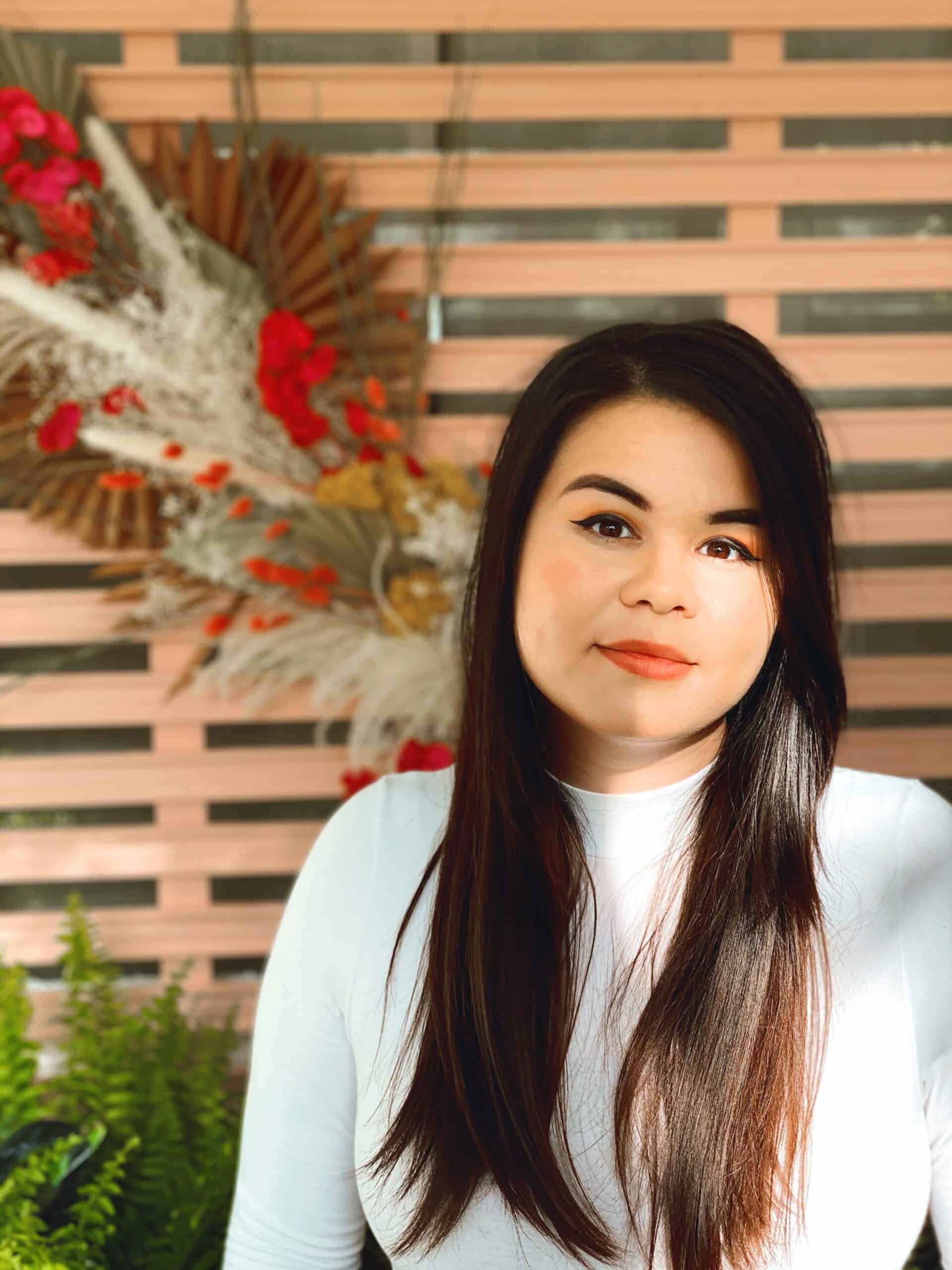Meet Halli Starling, a passionate author whose journey into writing was fueled by a lifelong love of stories and a natural curiosity about the world around her. From creating intricate fantasy realms for her Dungeons & Dragons games to crafting deeply personal narratives, Halli’s writing reflects her unique voice and dedication to authentic storytelling. With a focus on queer characters and themes, her work resonates with readers seeking representation and depth. Despite facing personal challenges, Halli’s commitment to her craft remains unwavering, offering hope and inspiration to aspiring writers everywhere. Join us as we explore her insights, experiences, and the heart behind her captivating stories.
What initially sparked your interest in writing, and how did you decide to focus on stories about queer people?
I think I was a writer by the time I was around eight or so. Always reading, always writing down little stories or making them up in my head. That sense of curiosity and wonder never left, even after becoming an adult and going to college, graduating, getting a job, etc. But around 2015, I discovered Dungeons & Dragons thanks to an up-and-coming little streaming show called Critical Role (which is massively popular now). At the time, their audience was tiny and I was sucked into the storytelling and improv of it all. I learned how to play the game, then found a group online, and started running games of my own. I tend to do that, just jump into something new feet first and learn as I go, and learning to run D&D games meant a lot of writing. For example, creating a little seaside town, for me, meant creating everything from the tavern and inn to the one general goods shop to the number of fishing boats at the dock. Then you have to ask: how many people live here? Who runs the tavern, and the inn? Who is in charge? Questions like that spiral out quickly until you have a fully fleshed-out little world and I realized…I’m writing! And not only that, I’m creating backstories and lore, integrating it into a larger world that grows with each game and each new thing my players do. It’s an incredible tool for writers, and it got me back into writing, and also really made me consider diving into what would become my first book, Wilderwood.
As far as focusing on stories about queer people…I’ve been using the term “queer” for myself since about that same time, so around 2015-2016. I grew up with no particular religion or doctrine, but I did grow up in the 90s, so gay people were still very much not heard from, and if they were, it was a certain type of caricature (think Will & Grace). And gay and queer people were…the best word I have for it is “acknowledged” in my household, but not accepted.
Once I did my own reading and met more people outside the sheltered little village in which I grew up, I started to understand myself better. I used bisexual for a while, then pansexual, but “queer” felt right, and I’ve used it ever since. So, writing about queer people was simply writing what I knew, and what I wanted to explore. Queer history is my more recent fixation, as I’ve come to understand how it is viewed both by the community and by everyone else, and how much of it is still unexplored or little told.
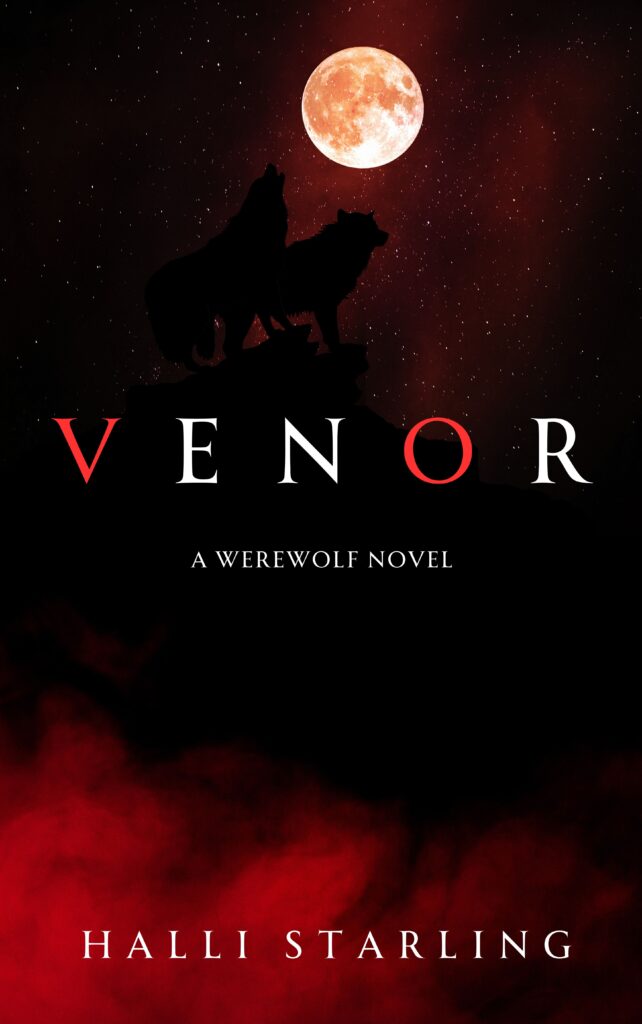
Can you share more about your journey as a writer and how you developed your unique voice?
I am a very picky reader. Out of the thousands and thousands of books I’ve read over my life, I can name only a handful that made a deep enough impression on me to help focus, or even change, my writing style. I toyed with the idea of writing a book for a long time, probably since I was freshly out of college, so around 2007. And between learning to play D&D and run games, and re-reading books like THE CITY OF STAIRS by Robert Jackson Bennett, I figured it out. I knew I wanted to focus on character-driven stories with romance and intrigue (at the time this was true, my focus has somewhat shifted over the years!), but ultimately I knew my fascination with fantasy worlds and magic and the occult would prove to be mainstays in my writing.
The other thing that’s helped me find my voice is my librarian training and experience. My most recent book, COUP DE COEUR (out May 28th, 2024), is my most heavily researched book, but I always find myself looking up things for every book I write. When was chlorine first used in pools? Are firewatch towers still used in the US, and if so, where are those located? How exactly does one make their own perfume oil? I think a lot of authors can relate to that need – that craving, even – to ensure that they’re getting the details right.
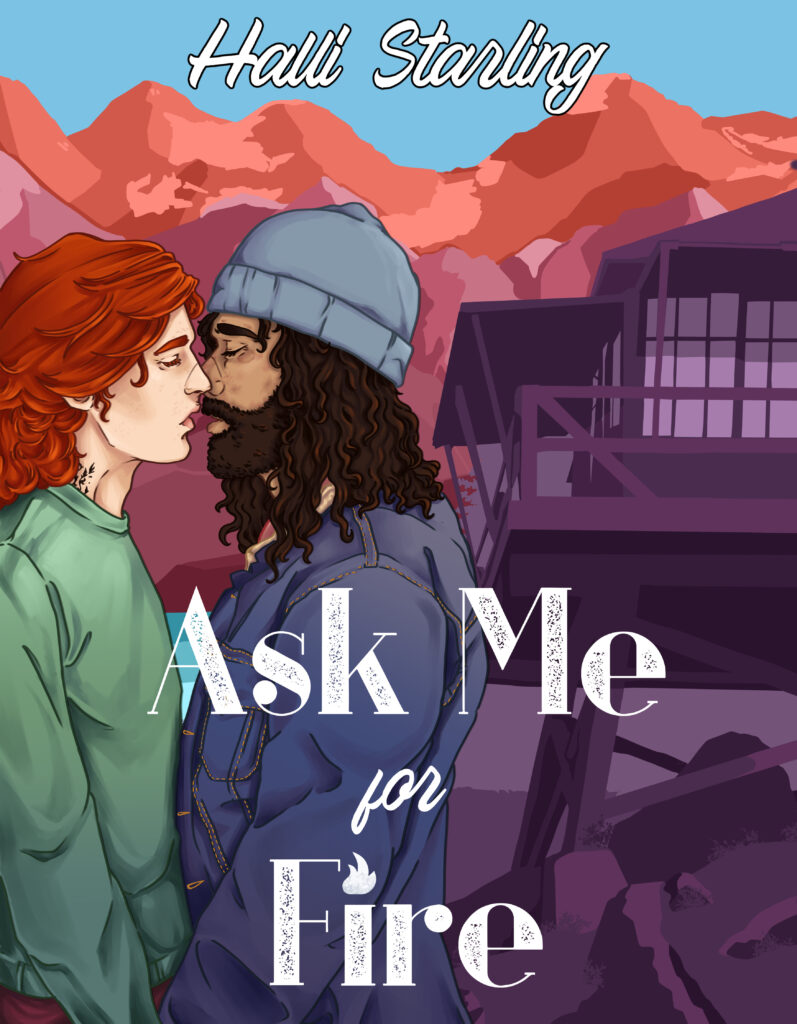
How has your personal experience with parental abuse influenced the themes and characters in your books?
Authors often write what they know, if not from the ground up, then at least partially, somewhere deep in the story. Growing up in a mentally, physically, emotionally abusive household leaves an impression, and it’s one I was very good at working around for a long time. But trauma lives in us, no matter how far removed we might be from it, and I found myself wanting to write both the good and the bad of parental influence. For example, Harriet in TWELFTH MOON is a great caretaker and aunt to her nephew, while Ambrose in ASK ME FOR FIRE has been heavily shaped by his absent, often emotionally abusive mother. It’s not in every book of mine, but its presence is important.
What do you hope readers take away from the mental health representation in your stories?
That asking for help is nothing to be ashamed of, and that those who seem the strongest are sometimes the ones crumbling inside. Anxiety and depression is much more recognized and understood now, but it affects so many people, and no one is immune, just as not everyone will be impacted in the exact same way. Seeing yourself on the page, in some interpretation that feels right, is really important.
What challenges have you faced while writing and publishing your books, and how have you overcome them?
I’ve been lucky because books have been a part of my life for so long, and I have a deep catalog of career experience to draw from. I’ve done everything from author programming to book purchasing for libraries, and a little bit of everything else in-between, so I understand the ins and outs of things like book jobbers, getting your book an ISBN, how to format a book, etc. But even then, I still messed up! Part of jumping into a second career that’s so involved means learning as you go, and understanding that there’s no guidebook for it all.
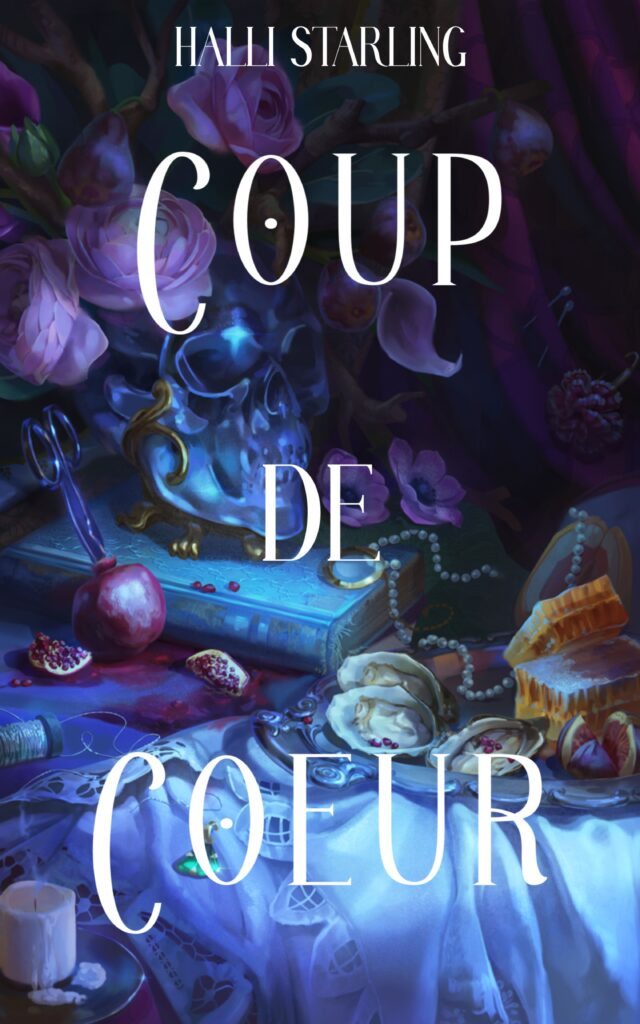
How do you approach writing about toxic relationships, and why is it important to include these themes in your work?
This is such a layered question! Toxic relationships…if you say that to someone, there’s a decent chance they’re thinking of a toxic romantic relationship. That’s the representation we see most often, particularly in certain types of books and media. Unfortunately, those relationships are often glorified, even if we’re not supposed to see them as sexy or interesting, that point still rattles across the page and screen.
When I wrote COUP DE COEUR, I knew one of the core relationships was between Calix, a young, lonely Earl who had been primarily raised by his mother, and his boarding school friend/sometimes lover, a man named Lawton Adler. When I first thought about their relationship, I knew it was complicated. I knew they’d used each other – for a laugh, for comfort, for sex, for companionship, for late nights and secrets between sips of gin. I knew it, and yet writing it was tough; a tricky balance of nature and nurture and instinct and experience with something like it in my own life. I’ve written cute little stories where everything is nice and sweet and people aren’t cruel, and I’ve written more realistic stories where people get in their own way. But Lawton and Calix were their own kind of dynamic, one that I knew was important, and I’m extremely grateful it’s coming across accurately on the page. Readers have already let me know how their relationship feels truly real, in all the ways it can be good and bad, and that’s the kind of feedback I keep close to my heart.
Can you tell us about a particularly difficult moment in your writing career and how you managed to push through it?
Writing in the middle of a mental breakdown from stress and pain is not something I recommend, unless you really need that writing to help you push through, or to help you heal. That’s why I wrote a few sappy romance novellas a few years ago; when my demons came home to roost, I was able to translate my own pain into words and worlds where pain was a distant memory and everything was okay for a little while. Writing those novellas (WHEN HE BECKONS, THE WAY WE WIND, and ALWAYS THERE FOR YOU) helped me push through a lot of personal stuff, and helped me move my writing forward, back into more complex territory.
What advice would you give to aspiring writers who want to tackle complex and sensitive subjects in their work?
Write what you know, if you can. Start there. If you jump right into tackling something you have no familiarity with, you will need to do a lot of homework, and a lot of consulting, to make it not only authentic, but keep your writing on track. You will never be able to write about a sensitive topic or subject from all points of view and experiences, which is why writing what you know is less rocky ground on which to tread. It’s not easy to write about anything tough, from mental health issues to gender and sexual identity, culture, religion, etc., but if you’ve lived it, breathed it, learned from it, you can present it authentically, and your readers will see it in your words.
How do you balance writing about heavy topics with providing hope and positivity in your stories?
That’s how life is. Heavy and sad one moment, but we still manage to find laughter sometimes, between the tears and grief. I write the way I live, trying to balance the hard and easy with all the time in-between, where life simply is and we’re just trying to get by. It’s why I enjoy writing character-driven stories so much, because we get to see the world through one or a particular set of perspectives.
What has been the most rewarding experience since you started writing and publishing your books?
Talking to readers! What an extreme joy and privilege it is to have someone actually read what you wrote, and then come to you with questions or praise or criticism. Everyone brings their own perspectives to what they consume (books, TV, movies, etc), and to know that you impacted someone else with your own words and ideas? It’s unlike anything I’ve ever experienced. But my absolute favorite moment is talking to readers in person at events, particularly at Pride. That’s my core audience, and having those moments of true connection means the world.
How do you stay motivated and inspired to keep writing, especially when facing personal challenges?
Honestly, writing is what keeps me going. I’m a naturally curious person who enjoys learning, so the process of writing includes learning, researching, note-taking, outlining, all of it. Even if I don’t feel quite up to writing that day, I can start an outline or take a few pages of notes. Even jotting down random ideas helps me move forward. If you were to ask those close to me, they’d probably say motivation isn’t an issue with me, it’s finding the energy sometimes.
Can you share some insights into your writing process and how you develop your story ideas?
Every book comes to me differently. I have a few documents I keep updated of random ideas when they hit, so if I ever do find myself at a point where I’m looking to write something new that isn’t already rattling around in my brain, I go to those. Writing for me is about flow; if I’m not feeling it that day, I skip it. Forcing myself to write only creates more problems for me in the long run, since I typically have to either revamp what I wrote at that point, or I have to scrap it all together. After needing to do that a few times, I swore I wouldn’t write when I wasn’t in the mood and have stuck to that since.
I can typically write an 80-90k book in about six months. The fastest has been 8 weeks (roughly 100k words). And I don’t chide myself if my story veers off my outline or starts to go in a direction I wasn’t ready for; if I’m writing it, that’s where it’s supposed to go! At least in the first draft, anyways.
How has the reception been for your books within the queer community and beyond?
I try really hard to stick to “death of an author”, so I don’t go seeking reviews or feedback after a certain point (usually a few weeks before the book goes on sale). How people interpret my work is up to them, and there’s nothing I can do to change that, even if their perception isn’t what I intended. If I did my research, and I wrote with care and authenticity, then how people read and view my work is up to them.
That being said, in the early days of a book’s life cycle, I rely on reading partners to help me shape the story, trim and add where necessary, etc. So their opinions matter to me, because I trust them completely and know they won’t steer me wrong. And between those early readers and early feedback I receive from ARC reviewers, I think the most consistent feedback I get from queer folks is that I write with heart and focus on characters, which is one of my biggest goals for any of my books.
What advice would you give to other women who are looking to pursue a career in writing or any other creative field?
Do it. Throw paint at that canvas, start putting your thoughts into words, pick up that first set of knitting needles or blob of clay and do it. It is SO hard, in a world where we’re constantly hammered with the thoughts of others, to focus on ourselves. What you make may never be put out for public consumption, or you might land in an art gallery or at a bookstore signing. Focus on yourself and how the creation of that thing makes you feel, what you get from it, and go from there.
What are your future goals and projects, and how do you see your work evolving in the coming years?
My ninth book, COUP DE COEUR, is out on May 28th, and I have a short werewolf novel, VENOR, out on September 17th. Both of those are first in a series, so I’m actively working on their sequels. DEMIMONDE, the sequel to COUP DE COEUR, will be out in very early 2025 (if not sooner!), and the sequel to VENOR will be out later in 2025. I also have a few other books lined up, including a sapphic vampire thriller and a more traditional fantasy novel about a sorcerer named Eggs. Past that, I’d love to be invited to a few book conferences outside of Michigan, where I’m located now, but I am attending 5 Pride events this June! I’m so excited for those. I’m also attending the Romance in Northern Michigan author and reader conference in August this year.
One of the absolute highlights of my career was being reviewed by the Stonewall Book Award Committee a few years ago, so I can only hope to repeat something similar in the coming years.
https://hallistarlingbooks.com
- Etsy shop for signed books: https://www.etsy.com/shop/BooksbyHalli


